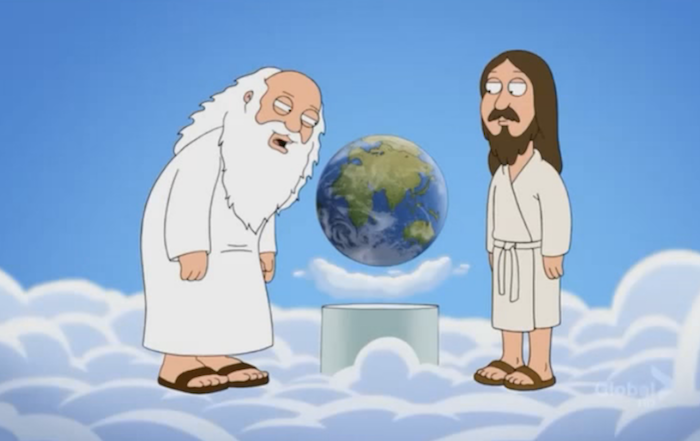So many of us have had childhood experiences with religion that we have chosen to separate from.
It doesn’t matter what religion it is for you, but making a choice to turn our backs on the religious upbringing we were born into is a profound choice.
It is empowering and important to decide for ourselves what we are going to believe about the world and how we are going to behave as adults.
Actually, it is essential.
Just because something happened when we were children is no reason for it to continue in our lives when we are adults.
Our parent’s choices, our grandparent’s choices, and our ancestor’s choices…are not our choices.
And since choices are important for our soul journey, consciously deciding how we are going to relate to the world separate from what we were taught as children, is really the crux of this human journey.
However, there is, of course, some real challenges with this.
Making choices in reaction to things that have occurred in our environments is not always the best way to create the most beneficial circumstances for our lives either.
There are many ways this reactionary way of making choices can manifest in our lives, but for this article I am interested in the topic of God.
Somehow, the word God has become less respected for many people.
Of course, there is good reason for this. The word God has been used to justify many terrible actions and beliefs that are not compassionate or inclusive.
Much violence has ensued in the name of God.
This is why most of us who have left religion have also turned away from the concept of God.
I grew up in the Reform Judaism tradition, and truthfully it was hard to get a real feel for what this God thing was when I went to synagogue as a child.
As children in this tradition we drew pictures of God (always a man, often sitting on a stool). We also said prayers to God that we didn’t create and often weren’t in a language we understood. The prayers had beautiful melodies and felt reverent, but the words of the prayers were not something I related to.
It wasn’t until I started meditating at 18 years old that I felt God.
I remember even using the word God that day. The dark, nothingness enveloped me while meditating one day and I thought—that is God.
I guess, to me this is the real point—each of us needs to ask ourselves if we feel God.
Just like we change our tastes in food, clothes and activities from what we were introduced to as children, one thing we need to do as adults is really come into a true sense of what God means to us, as adults.
This can be difficult because there can be a lot of trauma around the use of the word God. Maybe it was used to judge us, punish us or even physically hurt us.
This is tragic and needs to be grieved.
And, of course, the word God is not essential to any of this healing and growing. This sense of connecting into something bigger can be called anything, the term doesn’t matter that much.
But each of us needs to ask ourselves if we believe there is something greater than us out there. Are we alone? Are we supported? Is everything predetermined or are we connected to an infinite mystery bigger than the body we inhabit?
I’m not suggesting that we fall down the dark hole of existential crisis. Instead it is just that when there is grief and resistance around the idea that there is something greater than us at play in the universe, than our own mind and body, we can really become stuck.
We can feel alone.
We can feel lost
And this hurts.
Just feeling into our beliefs about God, and what concepts we disagree with and what sensory feelings of the great mystery feel right to us, can really energetically open up options.
It is a big world out there, much bigger than what we were exposed to as children. Let’s not let a little (or a lot) of religious childhood baggage prevent us from benefiting from the divine love available to all.
~
Author: Ruth Lera
Picture: Flickr/Pix Fave
Editor: Travis May







Read 0 comments and reply